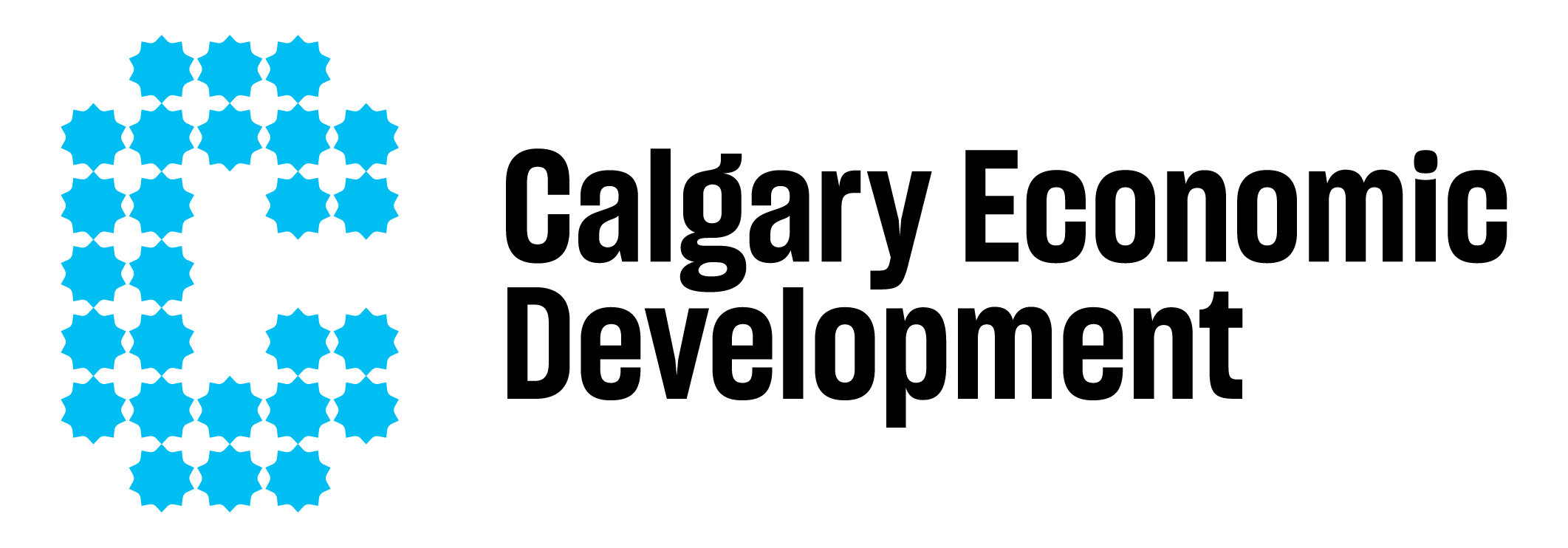With the 2026 review of the Canada-United States-Mexico Agreement (CUSMA) on the horizon, a first-of-its-kind consortium of Alberta organizations is pushing for strategic reforms to secure North America’s competitive edge.
The Business Council of Alberta, Calgary Chamber of Commerce, Calgary Economic Development, the Canadian Global Affairs Institute and Canada West Foundation have jointly submitted recommendations to the federal government which emphasize the harmonization of trade regulations across the continent.
CUSMA is a free trade agreement between Canada, the United States and Mexico that replaced NAFTA when it came into effect in 2020. It sets the rules for how these countries trade with each other, aiming to make it easier to do business across borders.
“Canada’s economy depends on open trade practices across North America," said Brad Parry, President and CEO of Calgary Economic Development.
"The upcoming CUSMA review is a chance to secure a competitive and stronger economic environment for Western Canada. We are committed to advocating for policies that benefit our businesses and drive long-term prosperity in Calgary and Alberta.”
Responding to the Government of Canada's call for public feedback, the organizations outlined four key priorities that leverage Alberta’s strengths to drive a globally competitive North America:
- Energy security and green investment: Foster collaboration between Canada, the United States and Mexico on renewable energy investments, such as carbon capture, hydrogen and nuclear energy, to strengthen energy security.
- Agricultural trade opportunities: Expand market access for Western Canadian agriculture products like beef, wheat and canola by removing non-tariff barriers and exploring new trading opportunities beyond supply management restrictions.
- Integrated critical minerals supply chain: Develop North American supply chains for critical minerals to reduce reliance on China, supporting technological advancements and strengthening regional economic resilience.
- Rules of origin: Strengthen regional content requirements for electric vehicles (EVs) across the entire value chain — from critical minerals to battery manufacturing — to strengthen local competitiveness and limit the market impact of Chinese EV manufacturers.
Trump tariffs top of mind
President-elect Trump’s campaigned on potential tariffs which, if implemented, threaten the prevalence of free trade across North America. This looming threat underscores the importance of preparing for CUSMA negotiations.
“With the coming of a second Trump administration and a new U.S. tariff regime, Western Canada will have to up its already strong game in the U.S.," said Gary Mar, President and CEO of the Canada West Foundation.
"That starts with stakeholders outside of the government joining forces as a team to amplify individual impact.”
Added Adam Legge, President of the Business Council of Alberta: “CUSMA is about more than strengthening our economic ties, improving regulatory frameworks and trade infrastructure; it is a symbol of the unparalleled relationship Canada and the United States have shared within a united North America.
"Canada and the United States share the largest trading relationship on earth, and the top international job for the Canadian government is to shore up that relationship and safeguard the imperative of free trade. By emphasizing and strengthening our historic partnerships, we can better meet our resource needs, harmonize our regulatory systems, and foster unparalleled economic growth across North America.”
A trading nation
Recognizing a complex North American trade landscape, the consortium urges the Canadian government to navigate irritants including softwood lumber disputes, digital taxes, the risk of re-imposing mandatory country of origin labelling for beef, and potential tariffs that could impact exports.
The group points to the U.S. as Canada’s number one trading partner, which marks the importance of a dependable approach to labour disputes which affect supply chains.
“Canada is a trading nation and relies on strong relationships for its economic prosperity," said Deborah Yedlin, President and CEO of the Calgary Chamber of Commerce.
"CUSMA represents a tri-lateral agreement that comprises a market of 500 million people, representing $5.3 billion worth of goods that cross the borders each day and accounting for nearly 30 per cent of the global economy. The upcoming review is not only an opportunity to strengthen this important relationship with the United States and Mexico but also to significantly enhance trade infrastructure and supply chains to augment reliability and productivity for all countries.
"Part of this must include addressing the frequency of Canada's domestic labour disruptions in order to ensure we protect our reputation as a dependable and effective trading partner.”
The group is eager to work with the federal government to prioritize Alberta’s and Western Canada’s trade interests, fostering a more competitive and resilient North American economy.
“As Canada works to secure mutually beneficial North American trade we should do so within a holistic approach to relations with our North American partners," said David Perry, President and CEO of the Canadian Global Affairs Institute.
"Economic prosperity and security go hand in hand and we need to work proactively with new governments in Mexico and the United States to ensure we are strengthening all aspects of our partnership as we consider the future of CUSMA.”
Read the full submission here. Learn more about the goal for Calgary to be a top destination for businesses in the city's economic action plan, Uplook.

